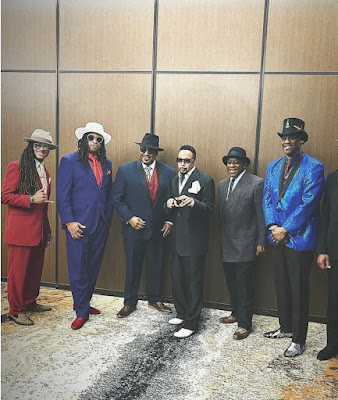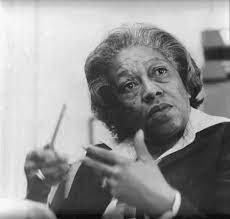Feb. 23 Malcom X
Malcom X
In the 1960s, Malcolm X began to grow disillusioned with the Nation of Islam, as well as with its leader, Elijah Muhammad. He subsequently embraced Sunni Islam and the civil rights movement after completing the Hajj to Mecca, and became known as "el-Hajj Malik el-Shabazz". After a brief period of travel across Africa, he publicly renounced the Nation of Islam and founded the Islamic Muslim Mosque, Inc. (MMI) and the Pan-African Organization of Afro-American Unity (OAAU). Throughout 1964, his conflict with the Nation of Islam intensified, and he was repeatedly sent death threats. On February 21, 1965, he was assassinated in New York City. Three Nation members were charged with the murder and given indeterminate life sentences; in 2021, two of the convictions were vacated. Speculation about the assassination and whether it was conceived or aided by leading or additional members of the Nation, or with law enforcement agencies, has persisted for decades.
A controversial figure accused of preaching racism and violence, Malcolm X is also a widely celebrated figure within African-American and Muslim American communities for his pursuit of racial justice. He was posthumously honored with Malcolm X Day, on which he is commemorated in various cities across the United States. Hundreds of streets and schools in the U.S. have been renamed in his honor, while the Audubon Ballroom, the site of his assassination, was partly redeveloped in 2005 to accommodate the Malcolm X and Dr. Betty Shabazz Memorial and Educational Center.




Comments
Post a Comment